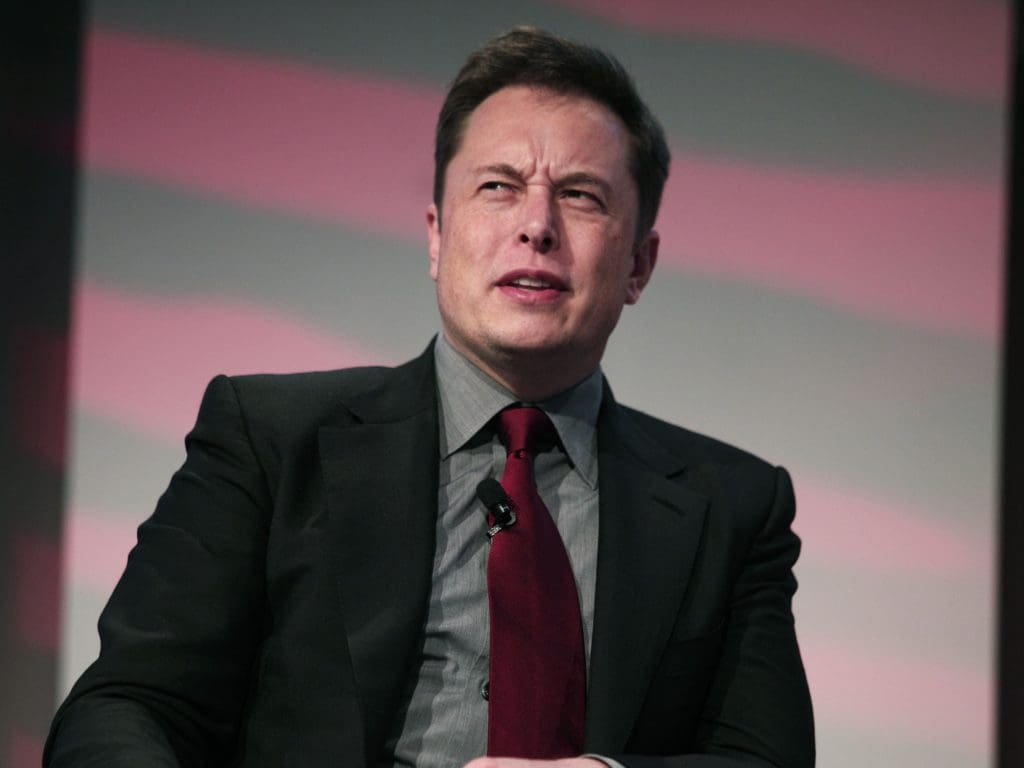
The Tesla Supply Chain
The Model 3 is critical to the company’s prospects. Tesla only produced 2,270 cars a week in April, short of its adjusted goal of 2,500 a week. According to the letter to shareholders, Tesla says it expects to meet its original goal of manufacturing 5,000 cars a week in two months. Originally, that was the goal for the end of 2017. Only 8,810 Model 3s have been delivered since the beginning of the year, while 500,000 customers have back orders on the car.
To do that the company expects to halt production for a few days in the second quarter to update some of its manufacturing lines. Tesla did this several times in the first quarter. One key bottleneck has been the production of batteries. The company thinks this problem has been largely mitigated.
But even if the battery bottleneck is being reduced, manufacturing automobiles at scale is a difficult endeavor. Christian Stadler, of Warwick Business School, a Professor of Strategic Management who researches the car industry had this to say: “One of the ways out of this is for Tesla to partner with a Tier One supplier like Magna, who have experience in the mass production of cars. Magna already works with OEMs like BMW on producing a model for them. It is more efficient and cheaper for the OEMs and gives them some flexibility if demand drops.”
“Of course, Tier Ones might not be so well versed in producing electric cars, but this is where Tesla can work with them and form a partnership to overcome any problems. It will take time to find a way to co-operate, especially around any technology secrets leaking, and there are risks, but Tesla has found mass production is more difficult than it anticipated.”
The Business Insider reports that of 27 brokerages covering the stock, nine have a “buy” or higher rating, 10 “hold” and eight have “sell” or lower. The stock has lost more than a quarter of its value since reports of production bottlenecks around its Model 3 surfaced last year.

















Leave a Reply